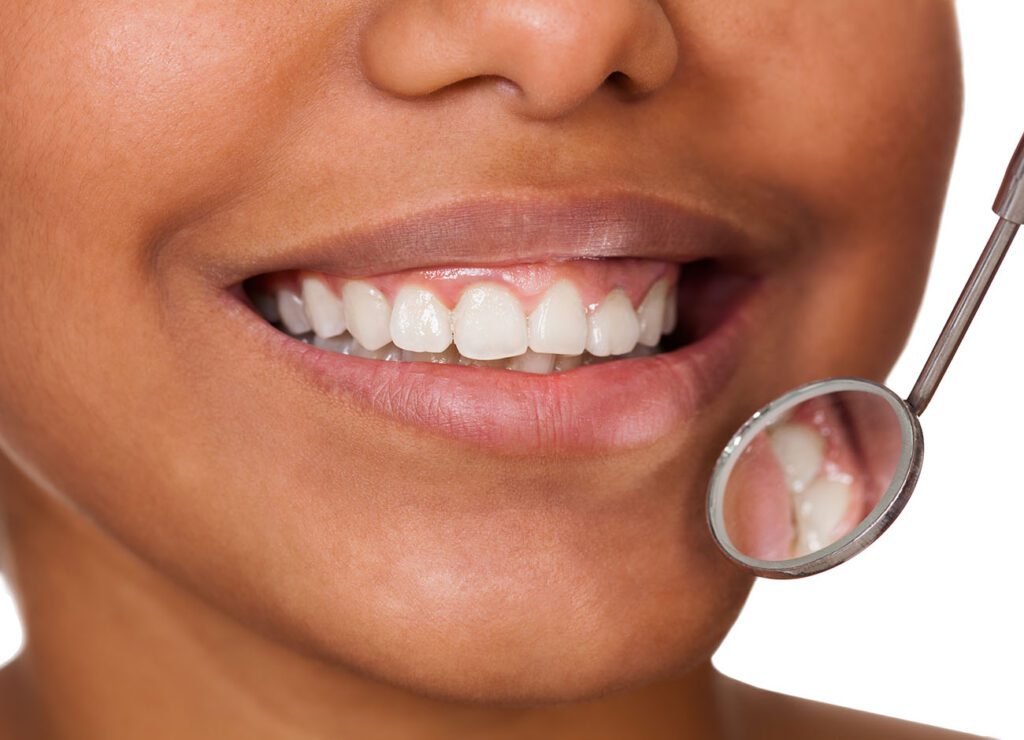Gum disease, also known as periodontal disease, affects many people worldwide. It starts with plaque buildup on teeth. Plaque is a sticky film that contains bacteria. If not removed, it hardens into tartar. Tartar can only be removed by a dentist. There are two main stages of gum disease: gingivitis and periodontitis. Gingivitis is the early stage. It is reversible with proper care. Periodontitis is more severe and can lead to tooth loss. Understanding these stages is crucial for prevention.


Importance of Oral Hygiene
Good oral hygiene is the cornerstone of preventing gum disease. Brush your teeth twice daily. Use fluoride toothpaste to strengthen enamel. Brushing removes plaque from teeth surfaces, preventing tartar formation. Flossing is equally important. It cleans between teeth where brushes can’t reach. Use a clean section of floss for each tooth. Flossing removes plaque and food particles that can cause gum irritation.
Using Mouthwash Effectively
Using mouthwash effectively can enhance your oral hygiene routine. Measure the recommended amount of mouthwash. Swish it in your mouth for 30 seconds. Spit it out without rinsing with water afterward. Choose a mouthwash with fluoride to strengthen your teeth. Antibacterial mouthwashes reduce plaque and gingivitis. Follow the instructions on the label for best results. Mouthwash is not a substitute for brushing and flossing but a complementary step.
Regular Dental Visits
Regular dental visits are essential for maintaining oral health. Professional cleanings remove tartar that brushing and flossing miss. Dentists check for early signs of gum disease. Early detection makes treatment easier and more effective. Schedule dental visits every six months. Follow your dentist’s advice on the frequency of visits. They may suggest more frequent visits if you have risk factors for gum disease. Personalized care plans are crucial for prevention.
Healthy Diet and Lifestyle
Your diet significantly affects your oral health. Eat a balanced diet rich in nutrients. Include plenty of fruits and vegetables. They provide essential vitamins and minerals that support gum health. Avoid sugary foods and drinks. Sugar feeds bacteria that cause plaque. Limit your intake of snacks between meals.
Choose healthy alternatives like nuts and cheese. Avoid tobacco products. Smoking and chewing tobacco increase the risk of gum disease. They also slow healing and can cause oral cancer. Quitting smoking improves your overall health, including your gums.
Recognizing Symptoms of Gum Disease
It’s important to recognize the symptoms of gum disease. Early signs include red, swollen gums. Gums may bleed when you brush or floss. Persistent bad breath can also indicate gum disease. Advanced disease causes more severe symptoms. Gums may recede, exposing more of your teeth. Teeth can become loose or shift position. You might experience pain while chewing or sensitivity to hot and cold. Seek dental care immediately if you notice these symptoms.
Importance of Hydration
Staying hydrated is important for your oral health. Drink plenty of water throughout the day. It washes away food particles and bacteria. Water also dilutes acids produced by bacteria, reducing the risk of tooth decay. Saliva plays a crucial role in oral health. It neutralizes acids and contains enzymes that help fight bacteria. Staying hydrated helps maintain saliva flow. Avoid sugary drinks, which can contribute to plaque buildup.
Gum Health and Your Overall Health
Gum disease affects more than just your mouth. Research shows a link between gum disease and other health issues. These include heart disease, diabetes, and respiratory problems. Maintaining gum health benefits your overall health. Taking care of your gums can improve your quality of life.
At Crestwood Dental, we’re committed to your oral health. Contact us today to schedule a consultation and learn more about gum disease prevention and treatment.
